The Iron Panthers entered the FIRST Robotics World Championship with low expectations. One week later, they left the event as gold medalists.
A total of 601 teams competed in this year’s World Championship, known as “Worlds,” which was held from April 16-19 in Houston, Texas. In FIRST competitions, high school teams build robots that complete various tasks to earn points in a match. During the World Championship playoffs, the top eight teams from the qualification matches formed permanent alliances by drafting three other teams to join them — one of the four teams sits out every match.
At the World Championship, teams were randomly sorted into eight divisions, with the winning alliance of each division advancing to the final Einstein field for one last round of playoffs to determine the World Champions. After placing 24th out of 75 teams in the qualifying matches, the Iron Panthers were drafted as the third pick by the first-seeded alliance, Madtown Robotics. They proceeded to win the playoffs undefeated, advancing them to the Einstein field, where their alliance won the 2025 FIRST Champions title in nail-biting, best-of-three finals.
“There were 50,000 spectators at the event… there was jumping, screaming, people were crying, they blasted confetti into the air, and it was such a surreal moment. We’ve been working towards this goal of even making it back to Worlds for six years,” co-captain and junior Serena Koopmans said.
Although the team was on the winning alliance, they did not get a chance to compete in the Newton or Einstein Playoffs, as only three teams on an alliance can play at a time. According to Weinberg, the team was still able to contribute outside of the field with strategy and communication.
“We got to work with the other teams with pit crews, help them fix the robot, [and] learn a lot from them in the process. Our strategy team helped a lot with choosing the match strategy… [and] Tova Ruben, our drive coach, was helping to coach between the three teams to make sure they were communicating clearly. So even though we didn’t get to play on the field, we still… got to contribute a lot to our alliance,” Weinberg said.
The Iron Panthers also got a chance to see teams compete from across the world, which was a rewarding experience, according to Koopmans.
“It was really valuable seeing the diversity from teams all around the globe. There were teams from Australia, Mexico, Africa, Israel,” Koopmans said. “… It was amazing to see how people from different parts of the world solve problems.”
Equally important to the experience was the team’s leadership and supportive environment, which robotics mentor and math and computer science teacher Christina Wade said were crucial to their success this year.
“Our captains, the way they checked in with the team and kept everybody healthy, happy, [and] focused really led to a cohesive team. And when you have a cohesive team, you can do a lot more than if people are at odds or struggling with things. So I’d say our student leadership was very key in our success this year,” Wade said.
This marks the Panthers’ second World Championship victory, following their first in 2019. Co-captain and senior Zack Weinberg said the team aimed to be a good fit for the top teams in their division — an approach that was crucial to their victory.
“We tried to be very intentional with making ourselves compatible with these teams. So, leading up to Worlds, we were looking at what autonomous operation modes [were used by top-ranked teams], and making sure that we had ones that were compatible and wouldn’t crash into the [other] robots,” Weinberg said.
FIRST robotics teams have adult mentors to help students on the team throughout the season. At Burlingame, these mentors serve more as guides than contributing members. Wade said that one the Iron Panthers’ philosophies of being student-centered and student-run sets them apart from their competition.
“We’ve been able to be successful with our students having so much ownership and accountability. Our mentors… don’t design and touch and make things, and that’s unique,” Wade said. “The students… overrule us sometimes and we let them, and so all the successes are theirs, and all the failures are theirs.”


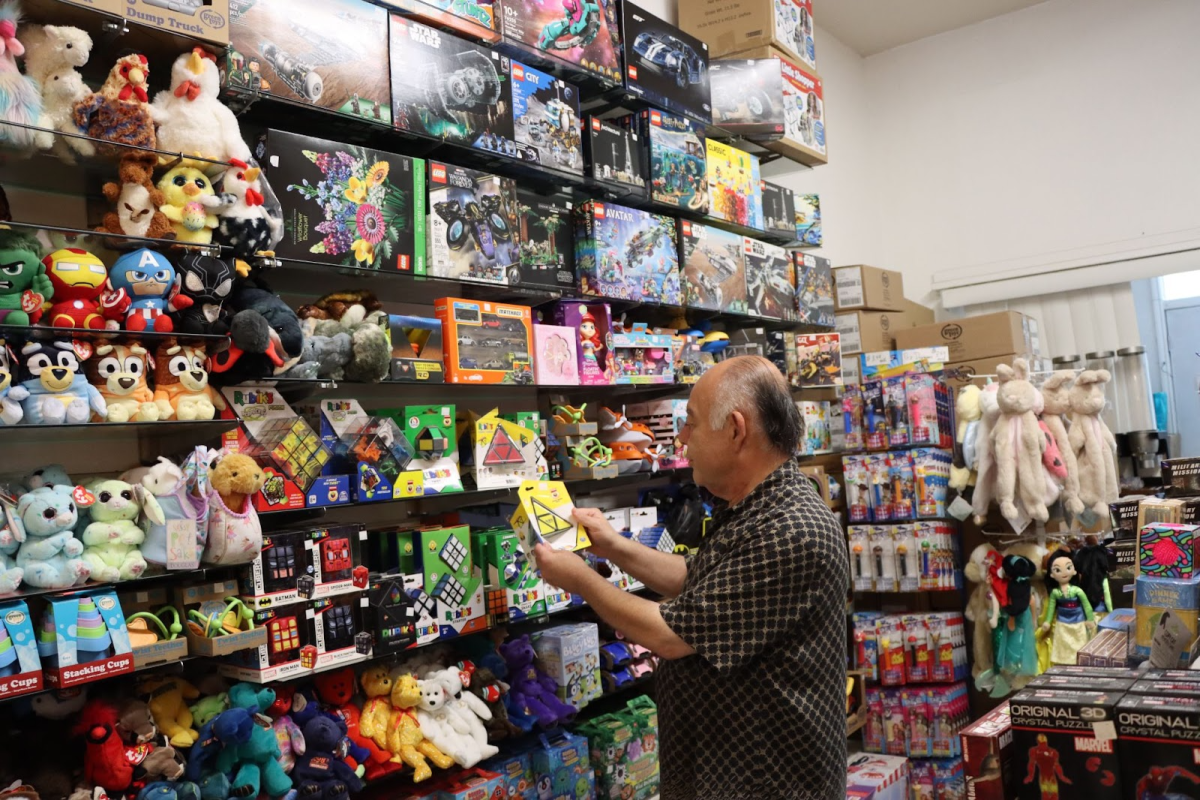
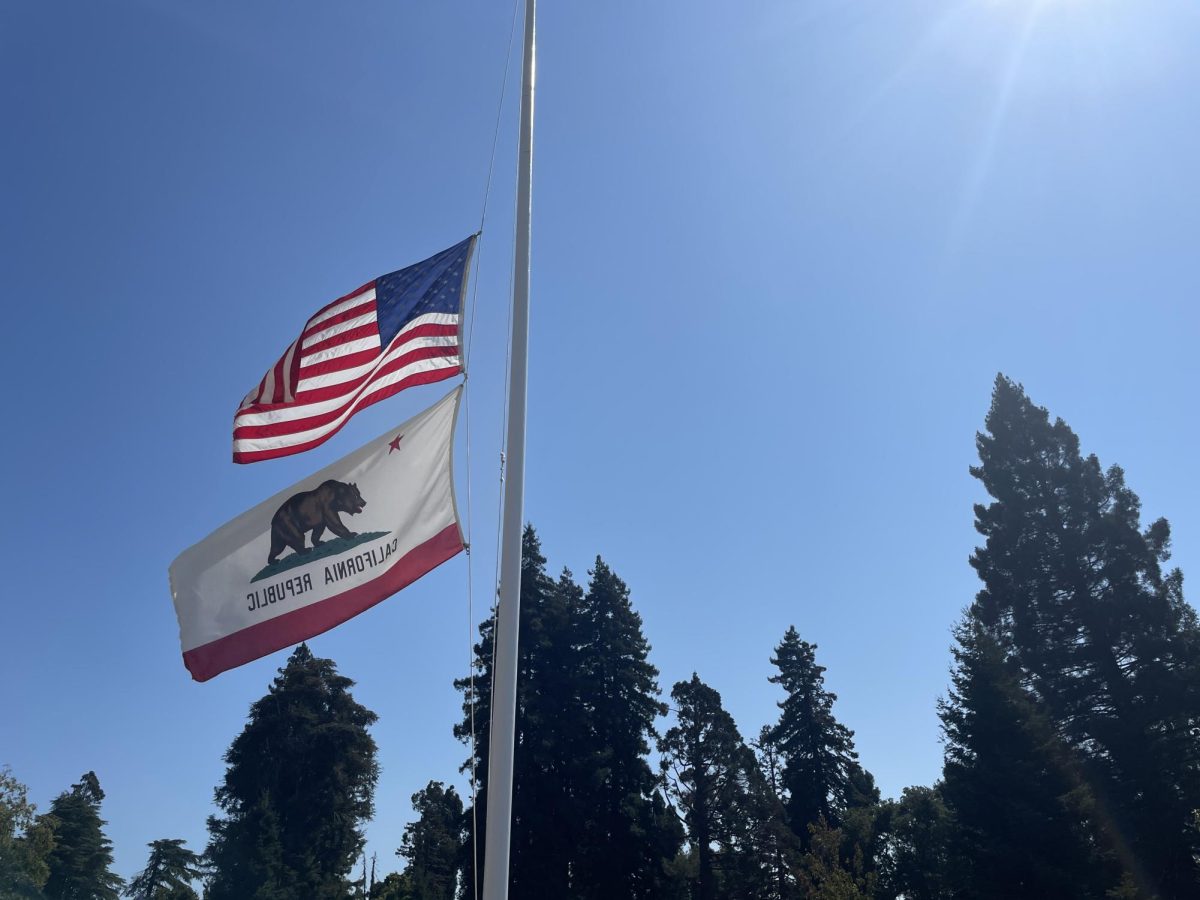
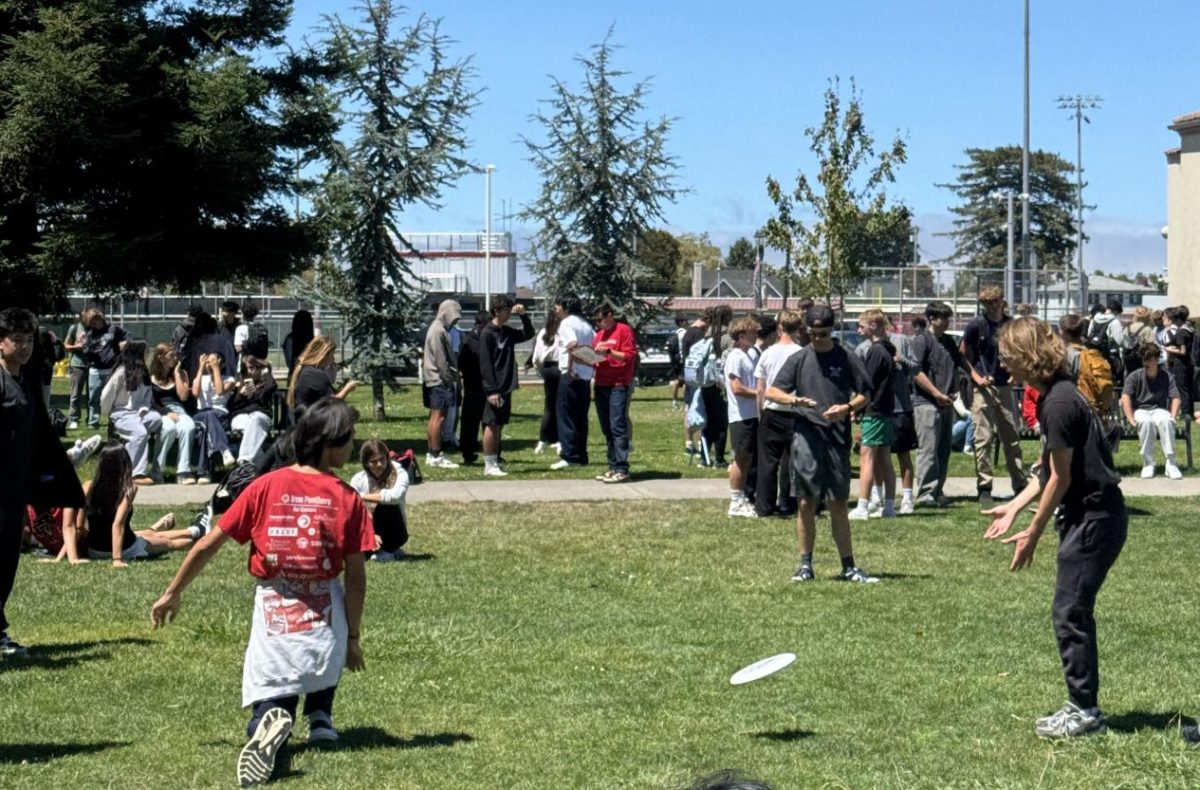
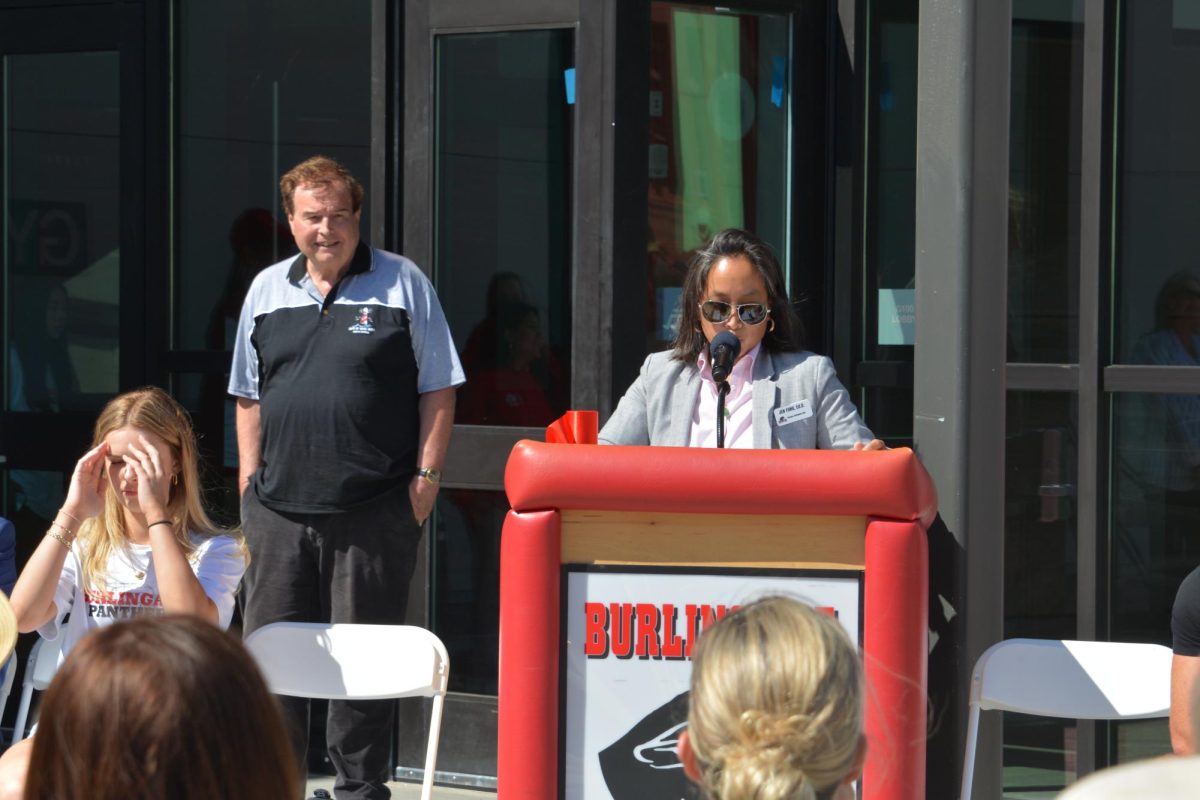
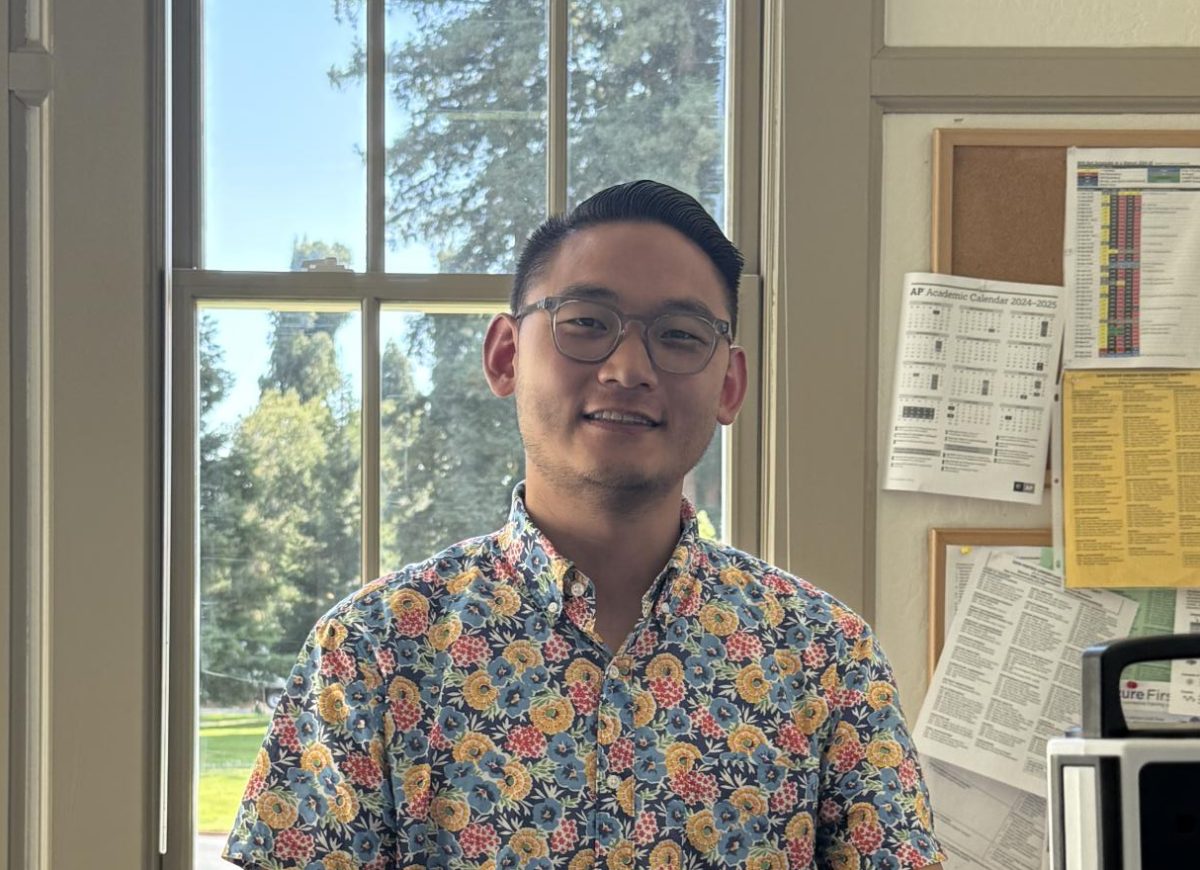

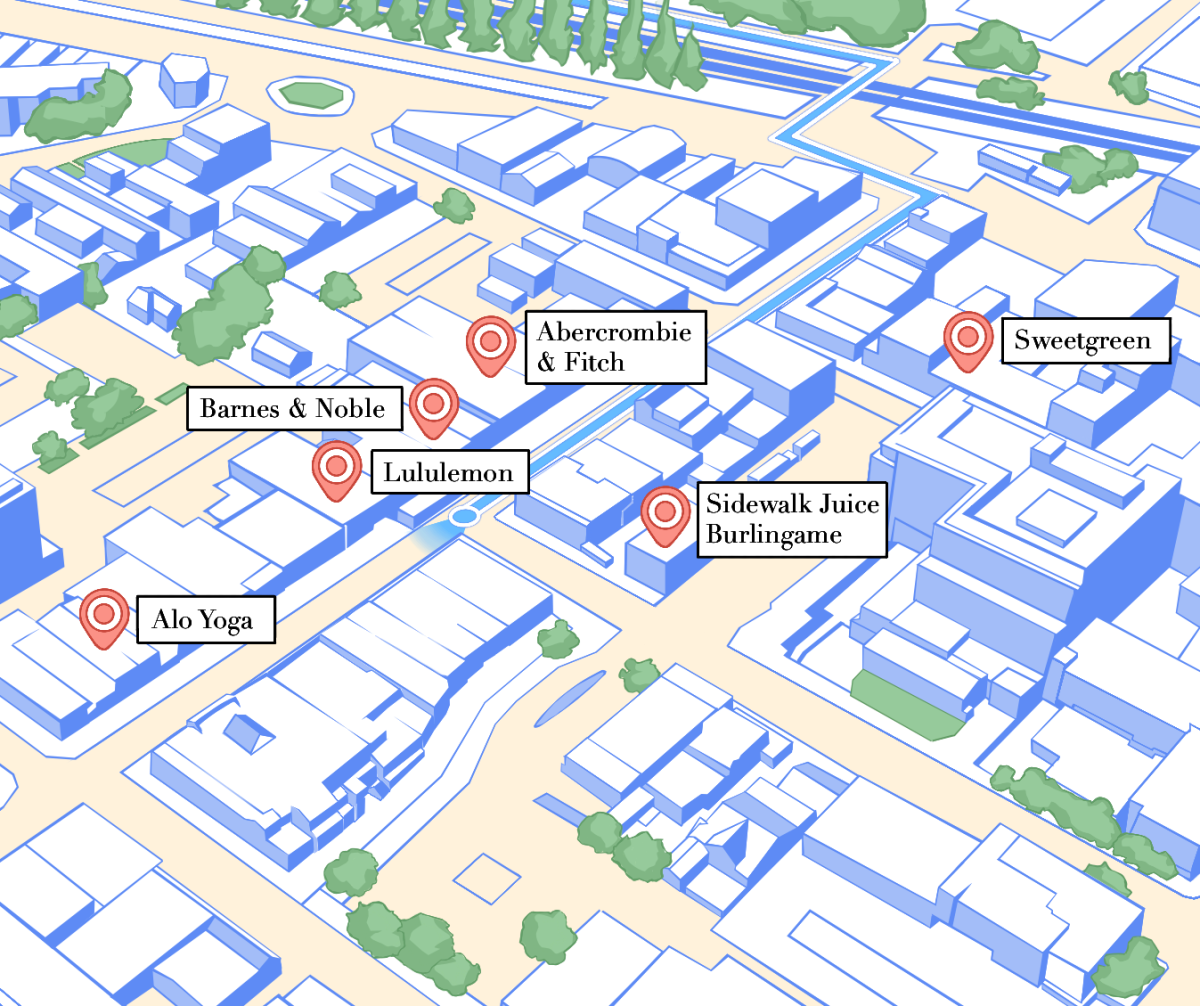
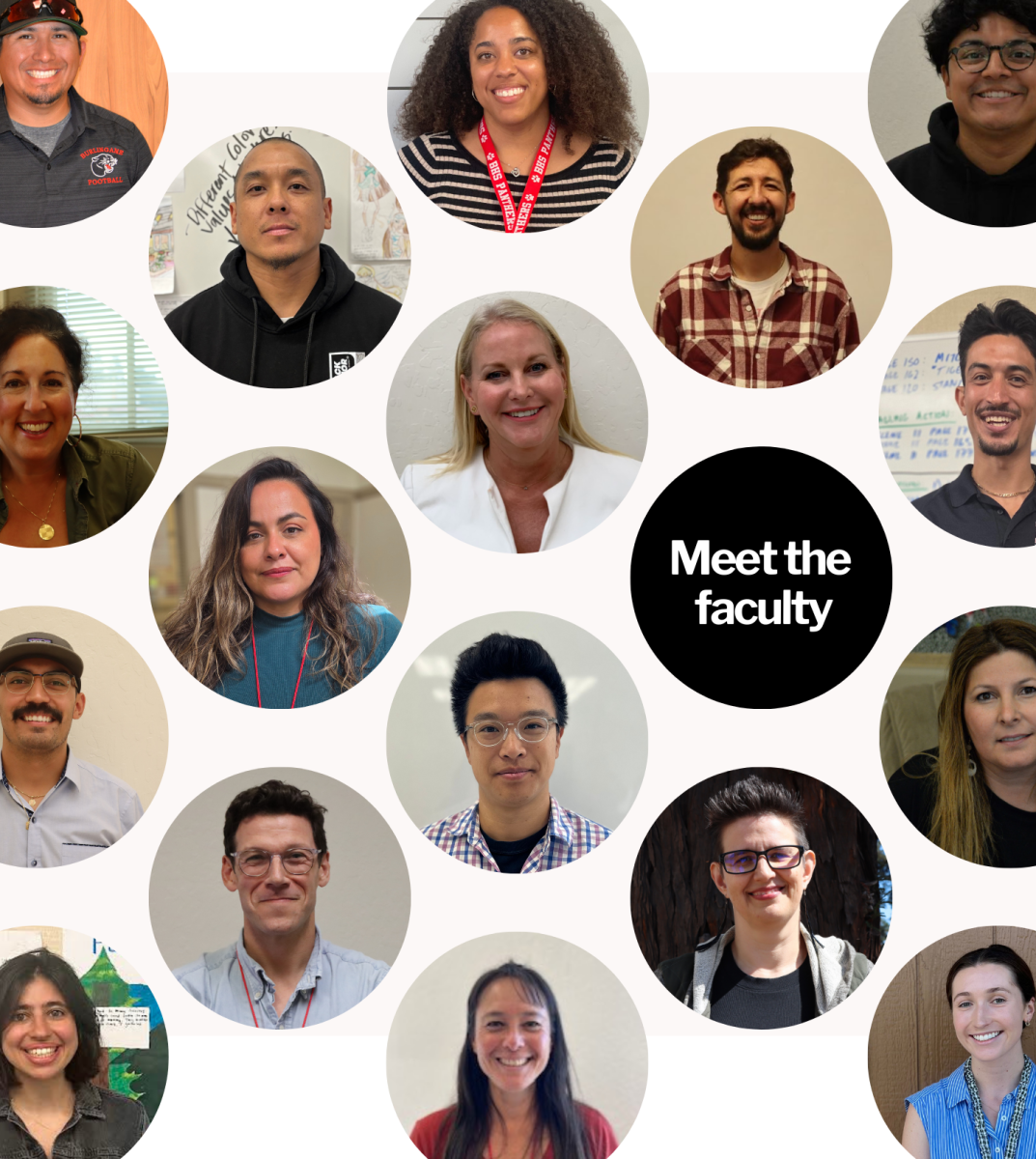










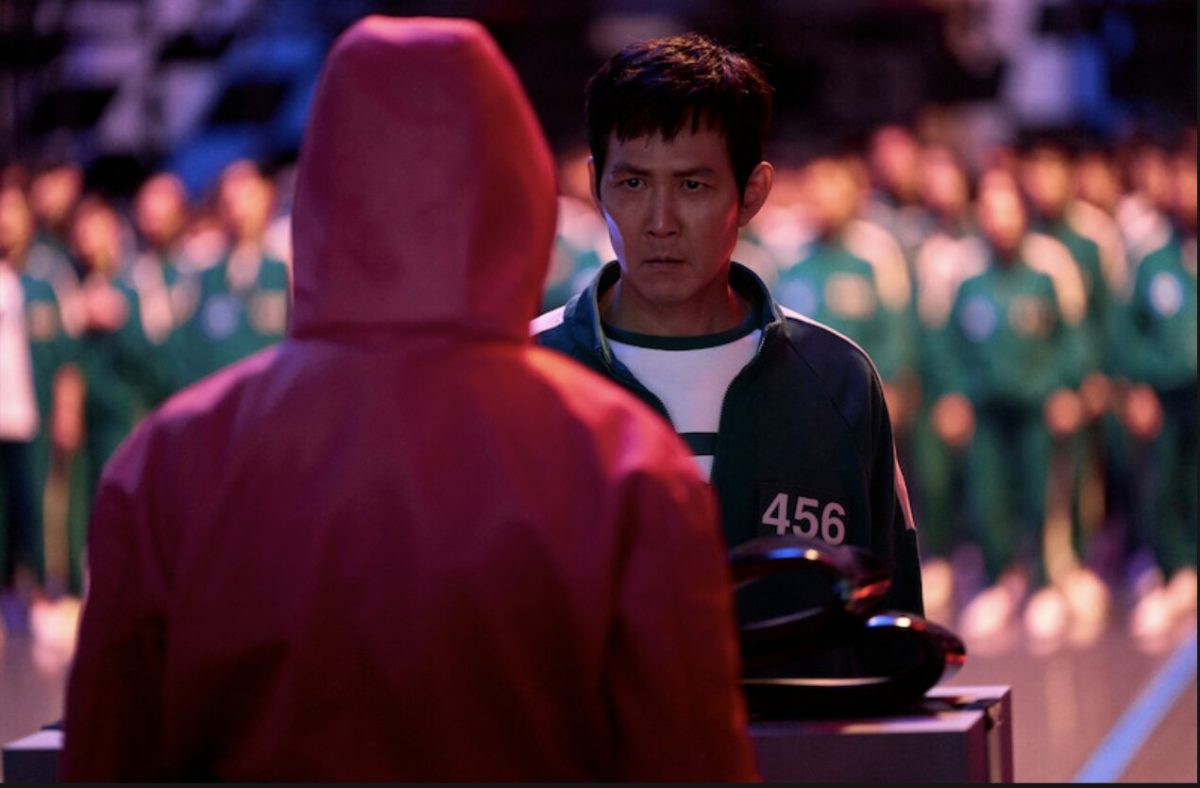



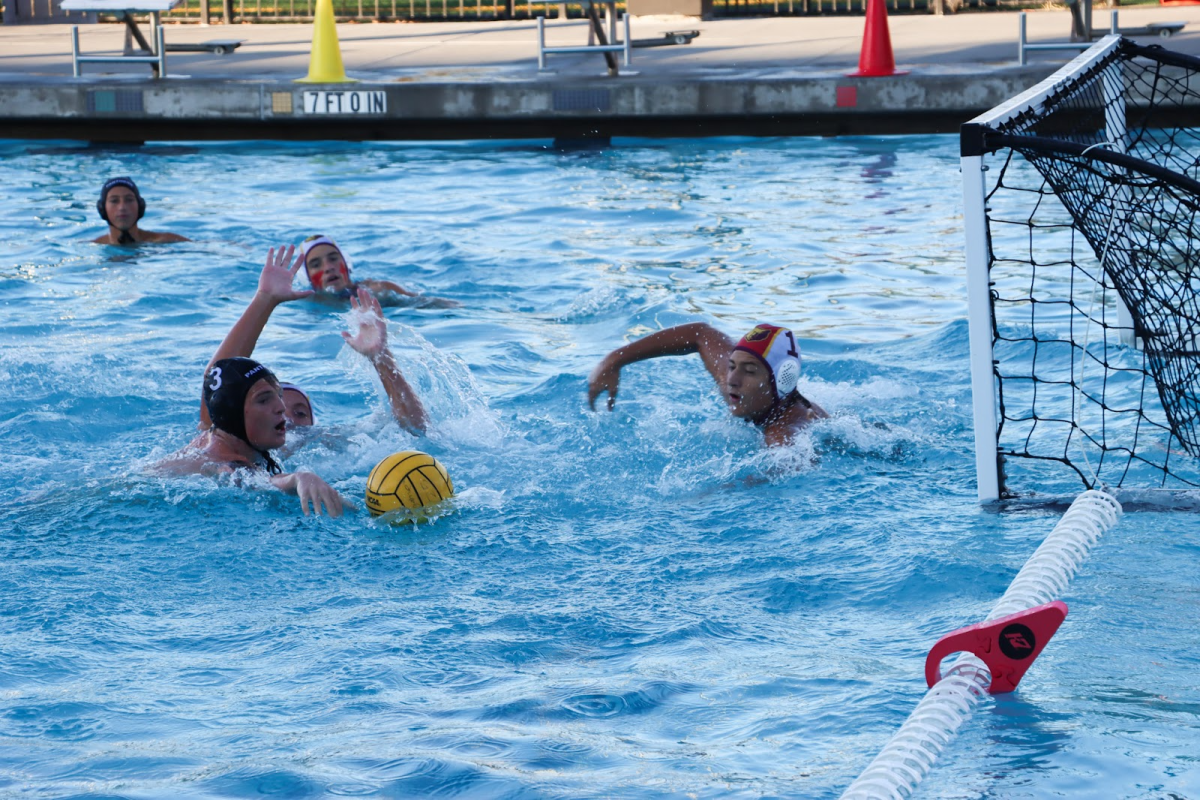
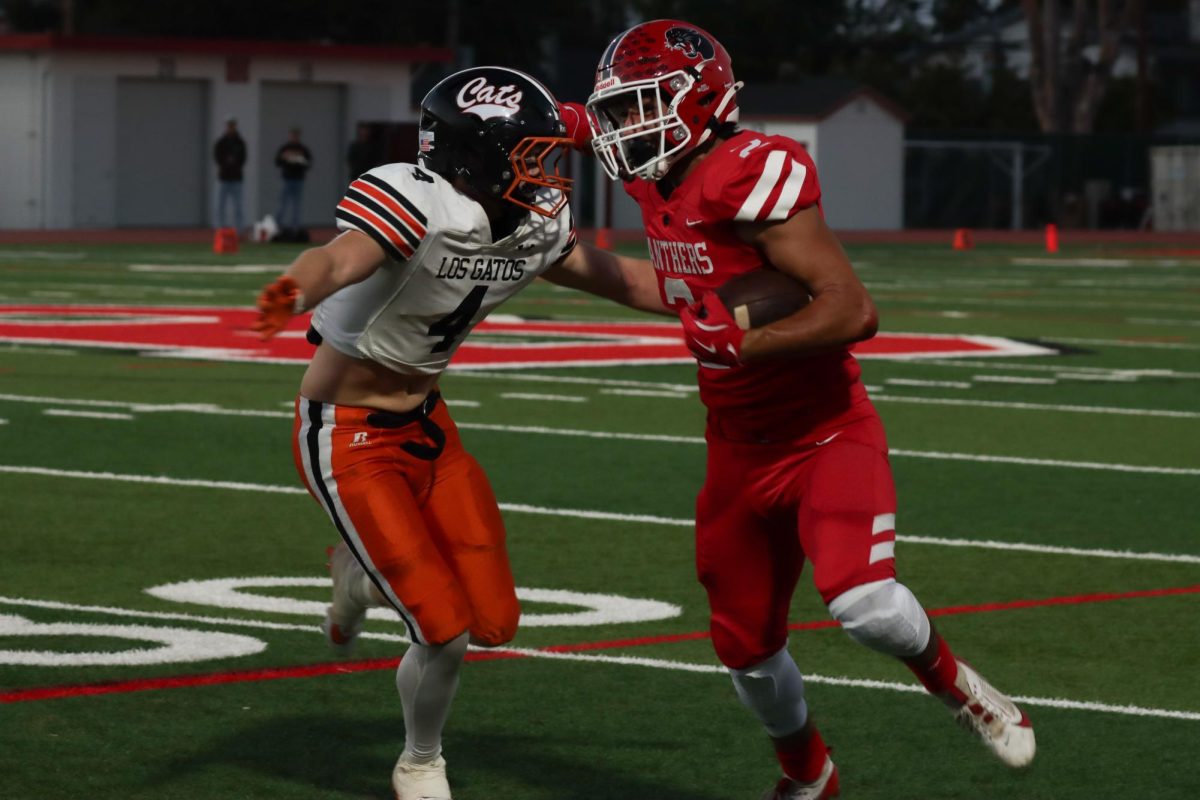
















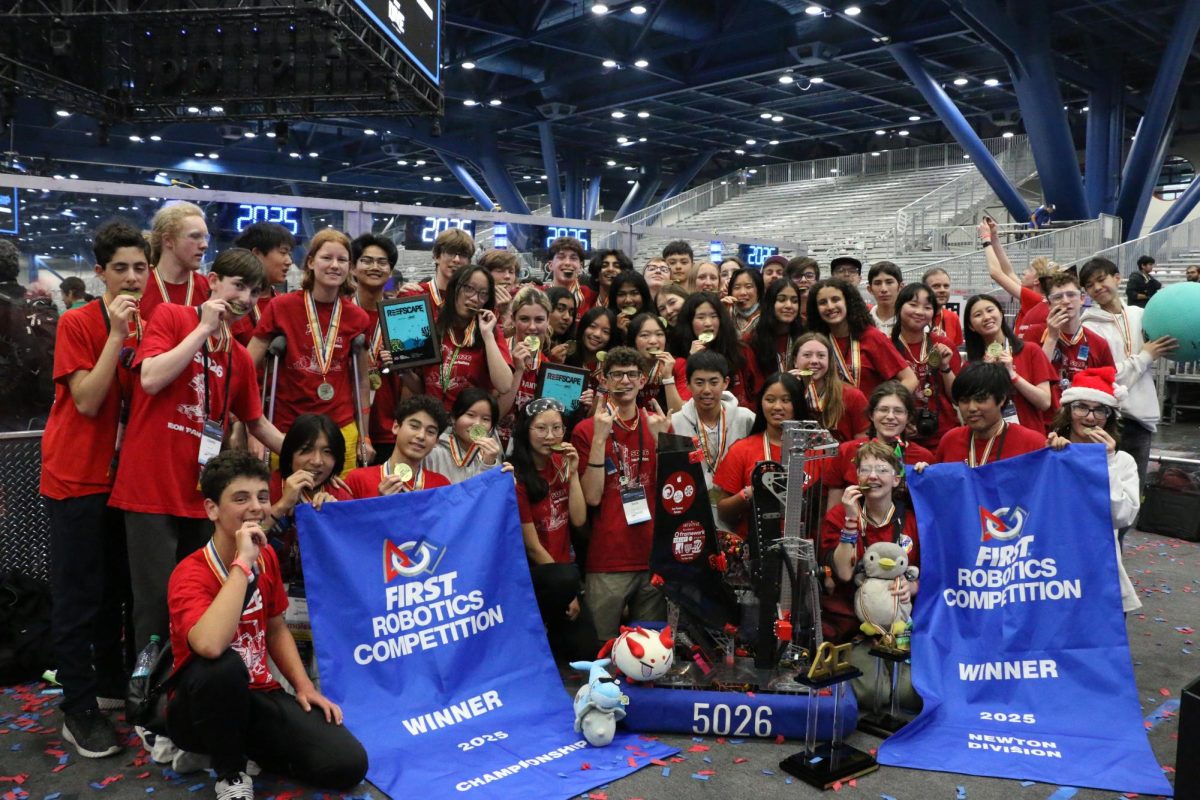
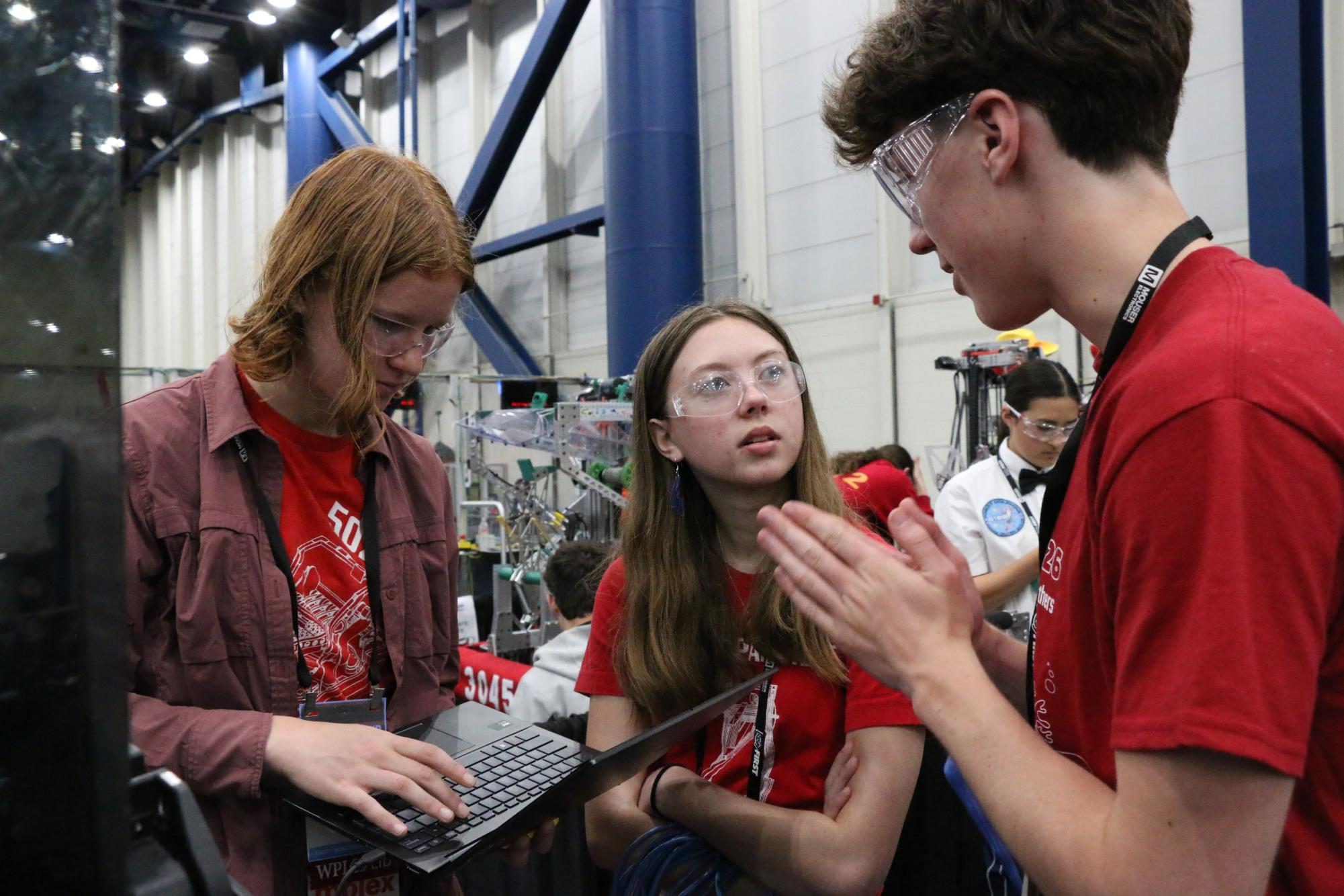
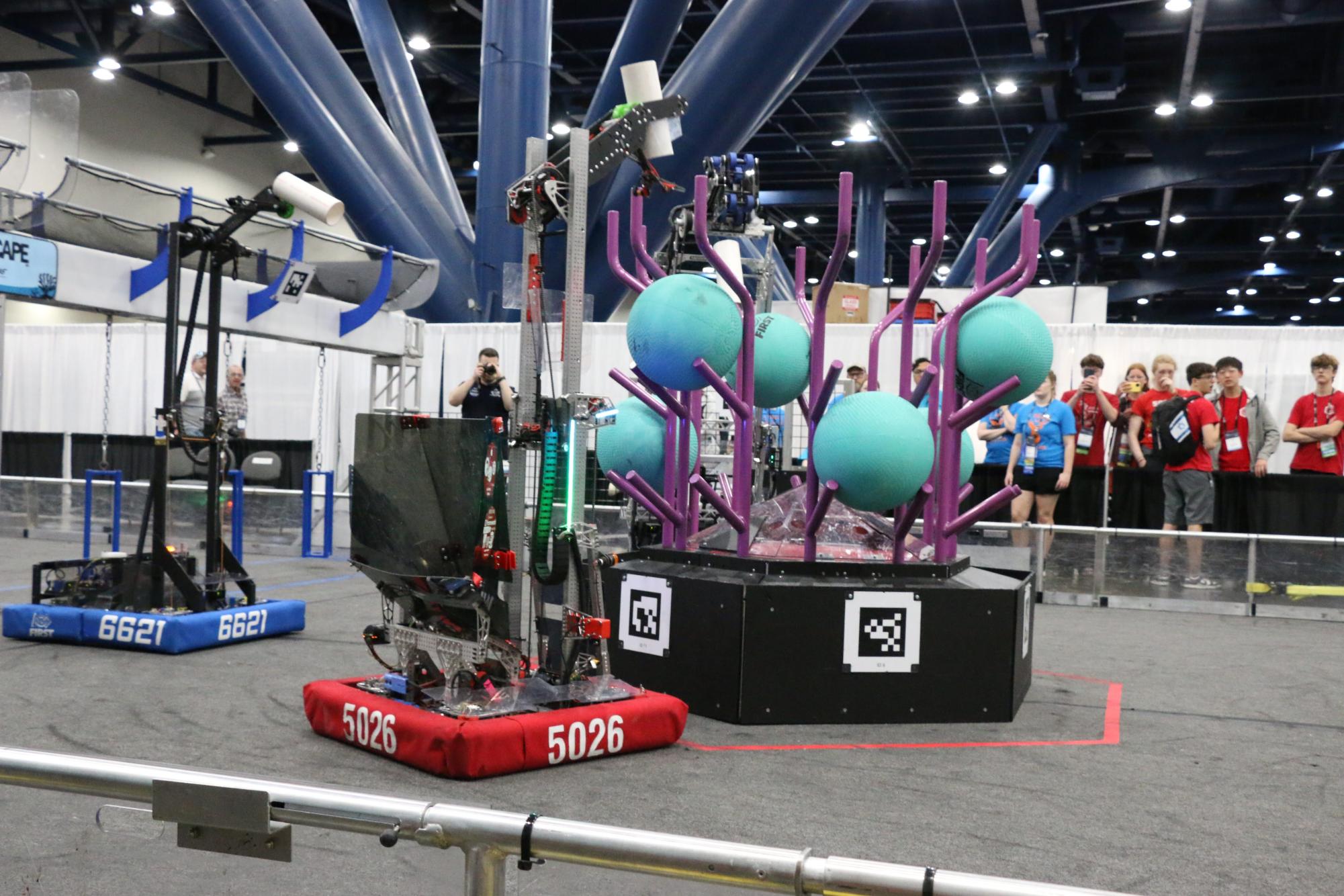
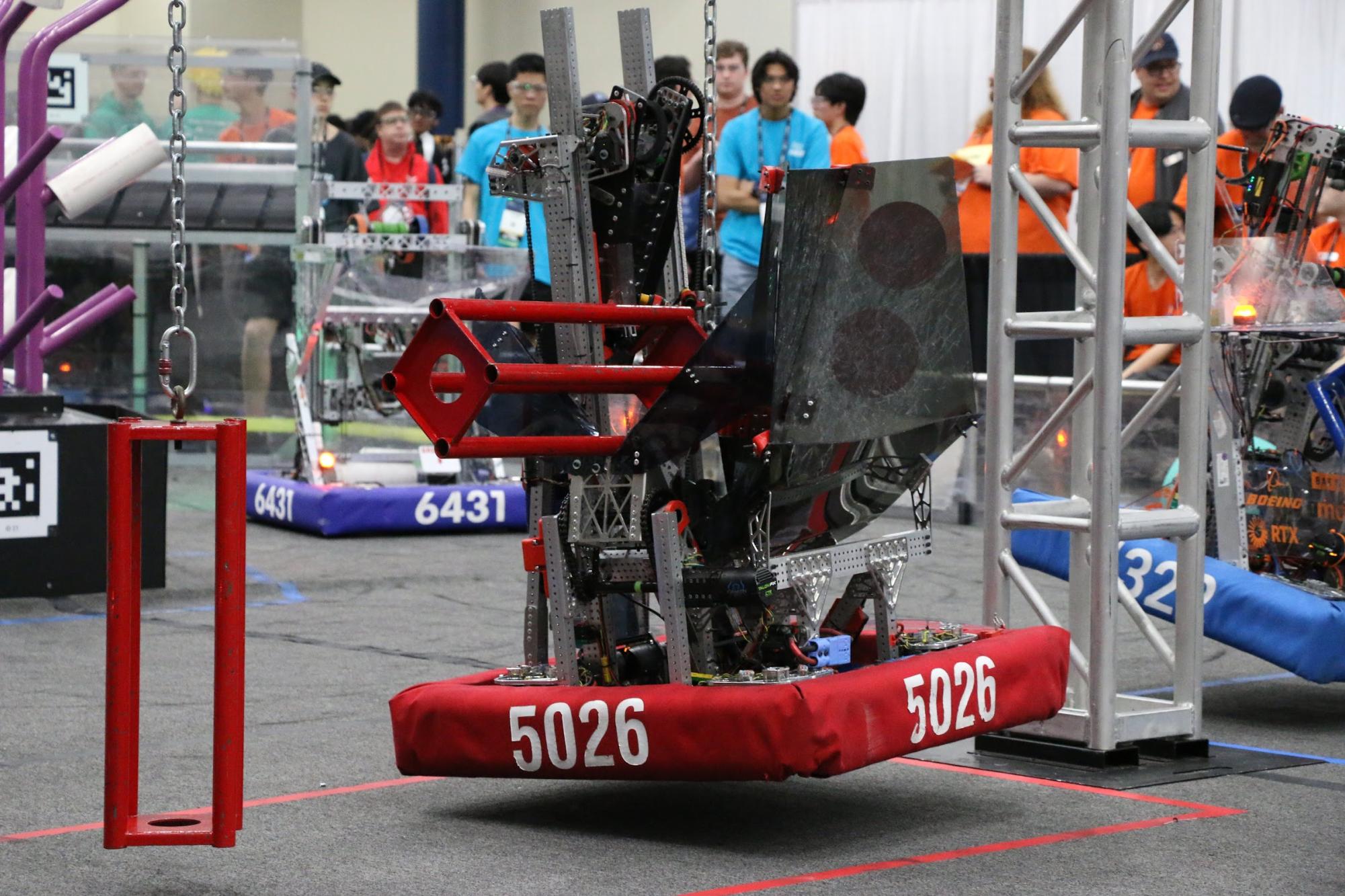

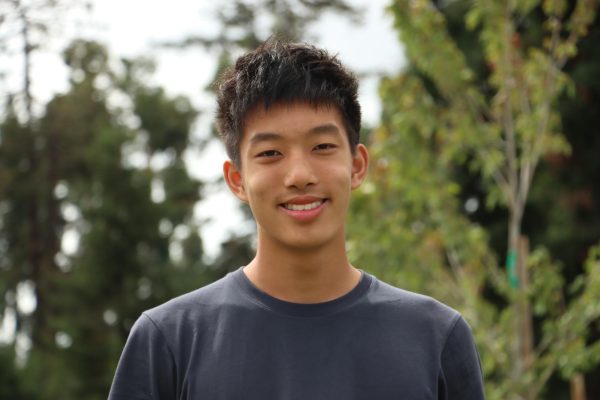
Isha • Apr 29, 2025 at 11:59 am
Fire article